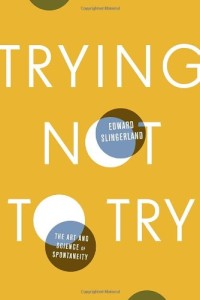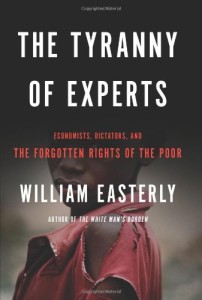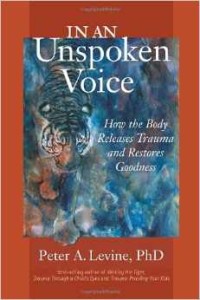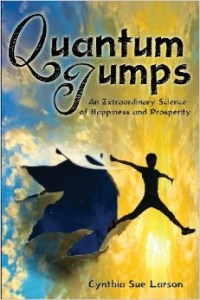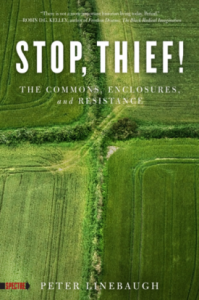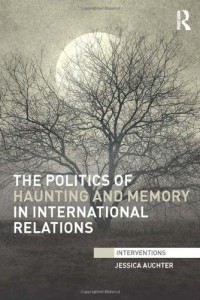
Jessica Auchter
5.0 out of 5 stars Quite Extraordinary — a Pioneering Book — Builds on Others But Original and Compelling It Its Own Right, April 27, 2014
I took an interest in books on trauma and dealing with refugees a month or so ago, and this is one of the books that I included in my list easily found online Worth a Look: Books on War and Torture Victims, Asylum and Refugee Trauma. The other book I have reviewed from that list is Peter Levine's In an Unspoken Voice: How the Body Releases Trauma and Restores Goodness.
The author has rendered an extraordinary work. While building on the works of others this is a pioneering book that helps open the door toward holding states [and I would add corporations] accountable for the dead [and I would add amputees]. I found this book compelling, engaging, and original.
The bulk of the book and the bulk of the value is in the literature review and the author's conclusions. Three case studies are provided — on Rwanda where the state “erased” the victims; on illigal immigrants who die on US soil or are “exiled” into non-person status; and on 9/11 where the state and its corporate controlled media “excised” all photographs of the vicitms, particularly those who jumped to their deaths from the towers.
I've read a lot of academic books and dissertations, and found that the manner in which this author reviewed the works of others, and personalized that review by artful use of the names of the authors being cited in text, was for me a most professional and yet also humanizing and engaging exercise.
This is a very subversive book is you have the courage to actually contemplate holding a state accountable for both those it has killed or allowed to be killed by legalized crime and elective war and deliberate non-intervention; while also contemplating how the state relegates so many to the status of “virtual dead.” At root, this book opens a super-highway into the heart of the deep state (I would add deep corporation including those that practice eugenics), one that could inspire the living to challenge the faux legitimacy of states that are in the view of one author, Greogry Sams, long overdue for deconstruction, see his just released book that I have ordered and will review, The State Is Out of Date: We Can Do It Better.
Continue reading “Review: The Politics of Haunting and Memory in International Relations”

